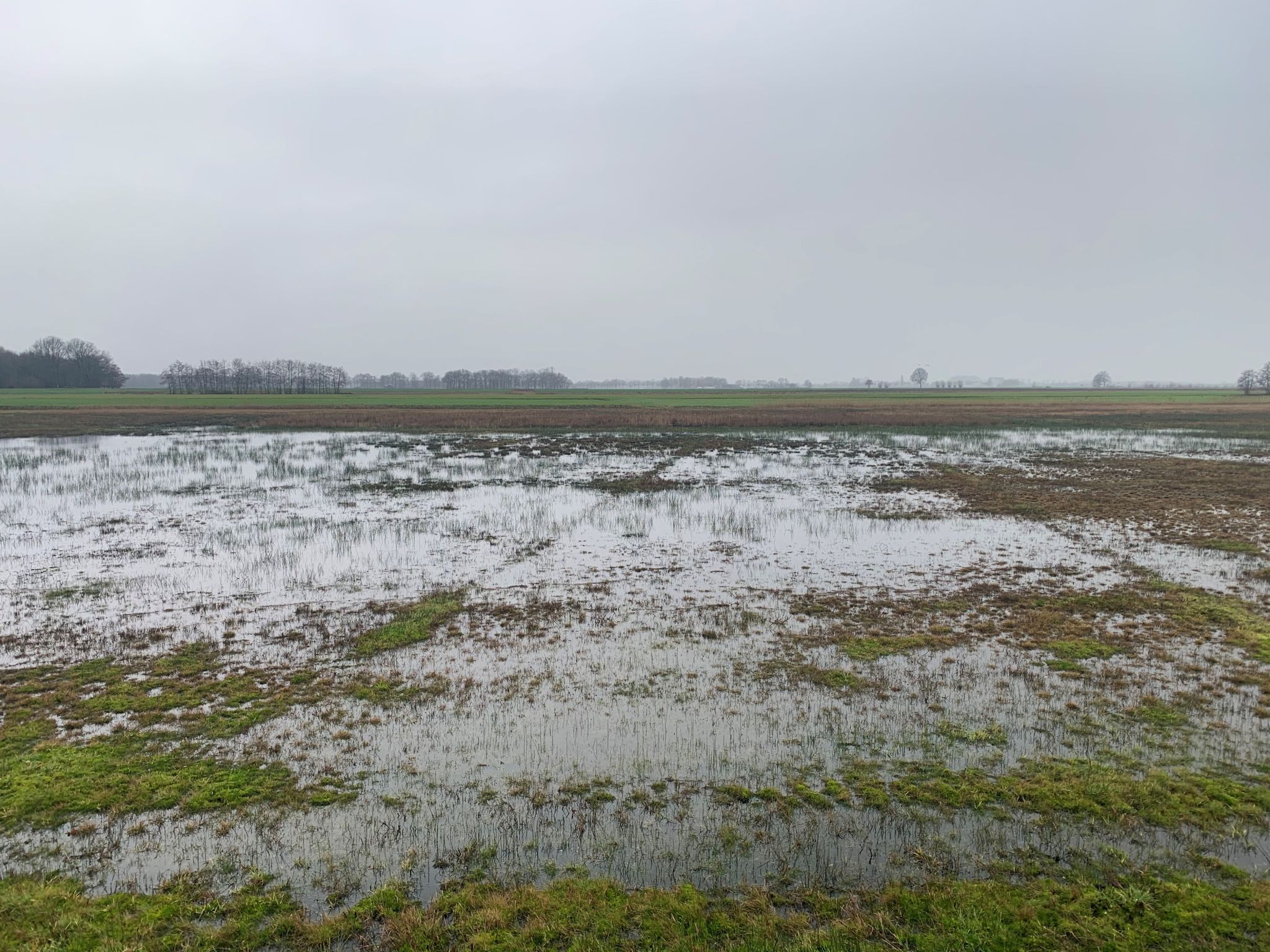
In the new EU Climate adaptation strategy of 2021, the European Commission noted that member states often only include climate change and natural disaster financial risks to a limited extent or on an ad hoc basis in their national frameworks and budgets.
The challenges to integrate climate adaptation into macro fiscal policy are mostly related to loss data, modelling the costs of climate change, the way the fiscal risks are recorded, disclosed and monitored and the choice that is made between having a financing strategy or an case-by-case approach.
With more climate related disasters happening – case in point the floods in the Benelux region of 2021 – the objective is to better reflect climate changes in the national budgets. This will help to create a healthy and sustainable budget that will not only be able to deal with natural catastrophes, but also other challenges – such as an aging population, the costs for health care, …. Financial resilience, also from a societal perspective, will obviously in the long term be beneficial for citizens and businesses alike.
It is a challenging but essential task that the member states have ahead of them, and therefore, many thanks go to the colleagues of the European Commission for graciously sharing information and giving pointers to the Benelux working group Climate Adaptation on how to deal with this on a national level and offering their welcome support to develop this further.

